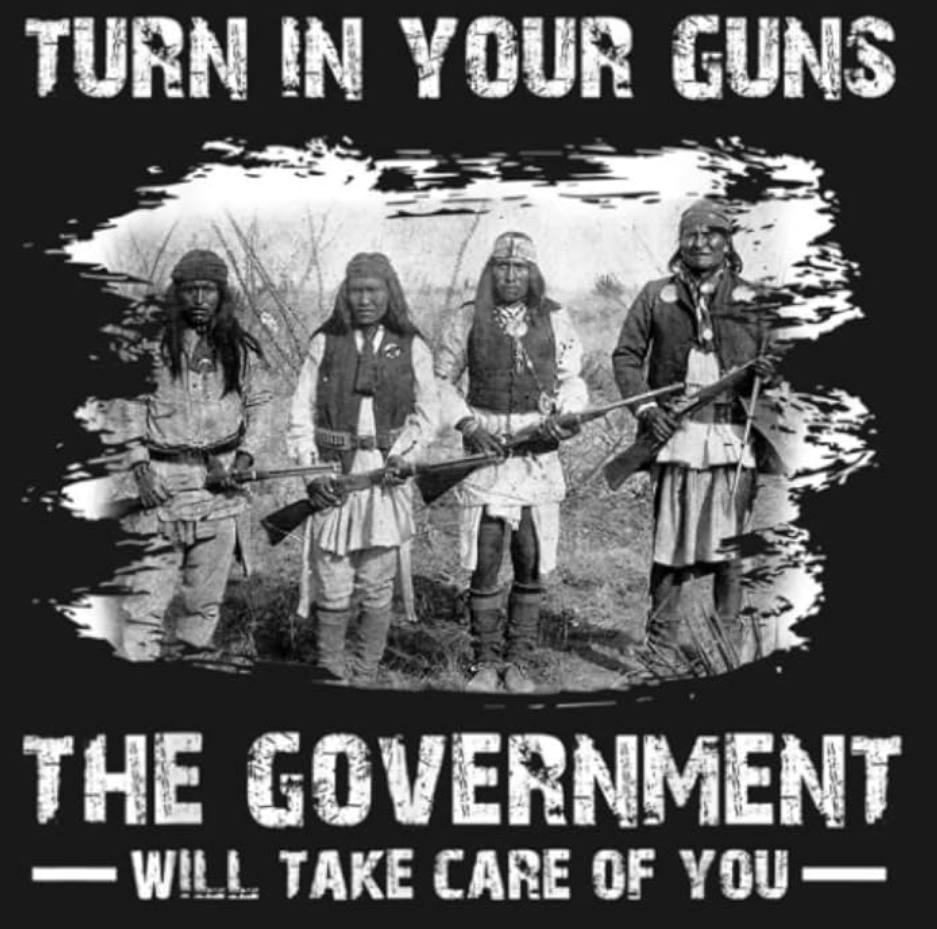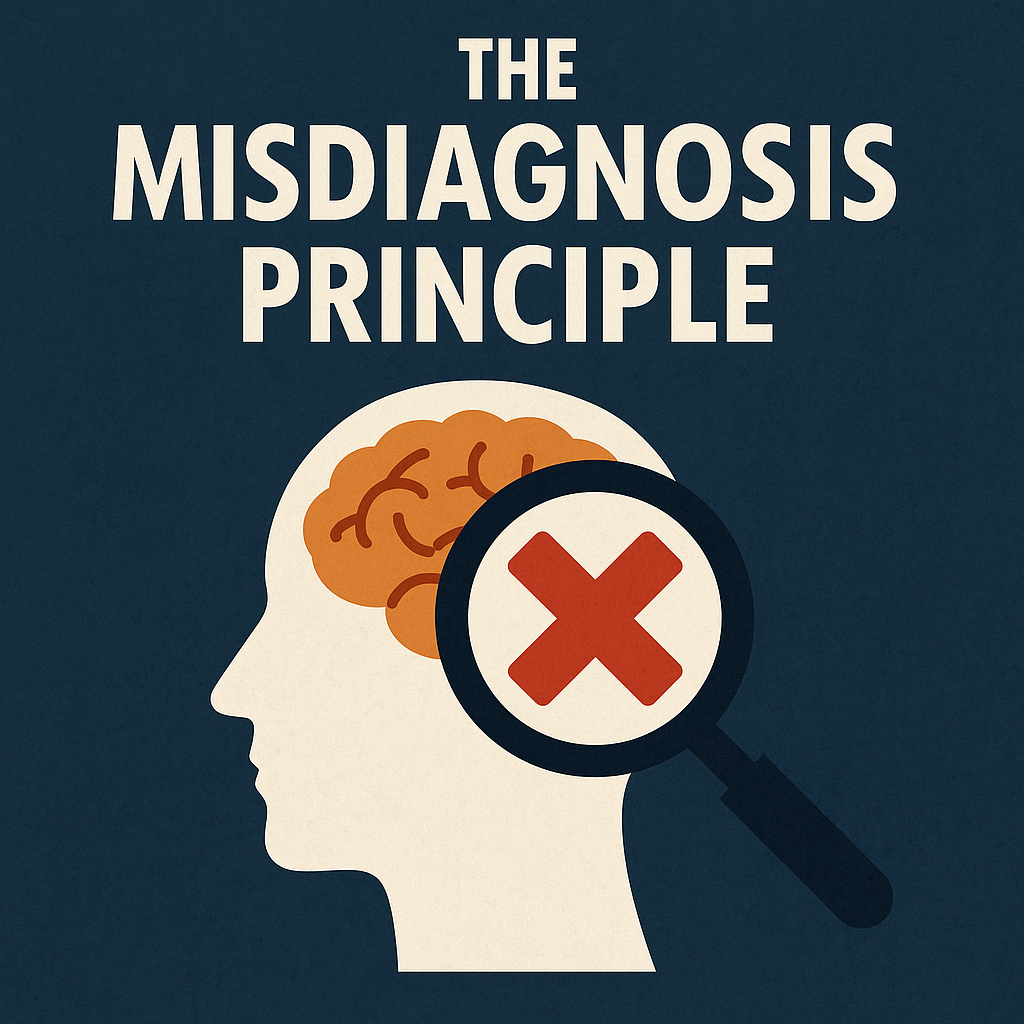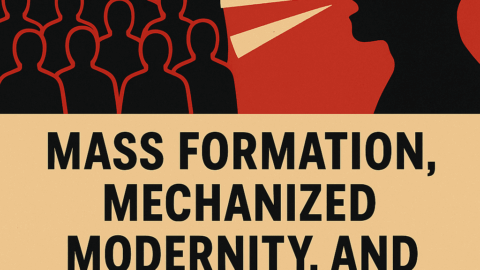“Any man who thinks he can be happy and prosperous by letting the government take care of him better take a closer look at the American Indian.” — Henry Ford (attributed)
This quote, often attributed to Henry Ford, reflects a strong libertarian or conservative sentiment that criticizes dependence on government welfare or intervention. The idea is that relying on the government for personal prosperity and happiness, rather than taking individual responsibility, leads to negative outcomes. The reference to the American Indian (Indigenous peoples of the United States) suggests that government intervention, particularly in the form of treaties, reservations, and welfare programs, has historically failed Native Americans, resulting in poverty, loss of autonomy, and social challenges.
Key Themes:
- Critique of Government Dependency: The quote emphasizes the idea that dependence on the government for basic needs and success can lead to a loss of personal freedom, initiative, and self-sufficiency. It aligns with the belief that individuals should be responsible for their own success, rather than relying on state aid.
- Historical Treatment of Native Americans: The mention of the American Indian points to the long history of broken treaties, forced relocation, and government oversight that led to the impoverishment and marginalization of Native American communities. The quote implies that government involvement in their lives has not led to prosperity or happiness but rather dependency and struggle.
- Libertarian or Conservative Perspective: The message fits within a broader libertarian or conservative ideology, which prioritizes limited government, individual responsibility, and free-market principles. It suggests that personal empowerment and freedom are achieved through self-reliance, not government aid.
The quote, “Any man who thinks he can be happy and prosperous by letting the government take care of him better take a closer look at the American Indian,” resonates with modern American debates over the role of government in citizens’ lives, particularly in relation to welfare programs, healthcare, and social safety nets. Here’s how it connects to contemporary issues:
1. Debate Over Government Dependency:
In modern America, there is an ongoing political debate between those who advocate for expanded government programs and those who argue for limited government intervention. Proponents of this quote would likely argue that government welfare programs can create dependency, reducing personal initiative and self-reliance. They might use the struggles of Native American communities under government control as an example of the dangers of long-term dependence on government aid.
Modern Context:
- Welfare Programs: Critics of welfare expansion often argue that relying on government assistance can trap individuals in cycles of poverty, discouraging them from seeking better opportunities. Advocates for welfare programs argue that government support is necessary to lift people out of poverty and provide a safety net for those in need.
- Healthcare: The debate over government-provided healthcare, like Medicare for All, also fits into this context. Supporters of limited government argue that private-sector solutions and personal responsibility should dominate healthcare decisions, while advocates for government intervention stress the importance of equitable access to healthcare.
2. Native American Experience as a Warning:
The quote suggests that the treatment of Native Americans serves as a warning about the pitfalls of depending on government aid. Historically, Native American communities were subjected to broken treaties, forced relocations, and policies that severely restricted their autonomy. Many were placed on reservations, where their lives were regulated by government agencies, leading to economic hardship and social issues such as poverty, addiction, and lack of opportunity.
Modern Context:
- Indigenous Struggles: Native American communities today still face significant economic challenges, high rates of poverty, and limited access to quality healthcare and education. Many would argue that these issues are not simply the result of government assistance but of systemic oppression, land dispossession, and broken promises. However, some use their struggles to critique broader welfare systems.
- Autonomy vs. Government Control: The historical experience of Native Americans under government oversight is often cited by libertarians and conservatives as an example of how too much government control can lead to a loss of autonomy and self-determination.
3. Criticism of “Big Government” Policies:
The quote reflects a broader critique of “big government” policies, where conservatives and libertarians argue that excessive government intervention leads to inefficiencies, waste, and dependency. They argue that, just as the government’s involvement in Native American affairs has not led to widespread prosperity, over-reliance on government programs today will not lead to happiness or success for the general population.
Modern Context:
- Economic Policy: Those who support this view argue for tax cuts, deregulation, and the promotion of free-market principles as the best way to achieve prosperity. They believe that individuals and businesses thrive when government interference is minimized.
- Social Safety Nets: Some critics of government welfare programs argue that while short-term assistance is necessary, long-term reliance on such programs can prevent individuals from developing the skills and motivation needed to achieve personal success.
In modern America, this quote reflects the ongoing tension between government support and personal responsibility. It critiques over-reliance on government aid by pointing to the historical experience of Native Americans, who were subject to extensive government control with often devastating results. In today’s political landscape, this quote would resonate with those who believe that too much government involvement can stifle individual initiative, discourage self-reliance, and lead to long-term dependency.







